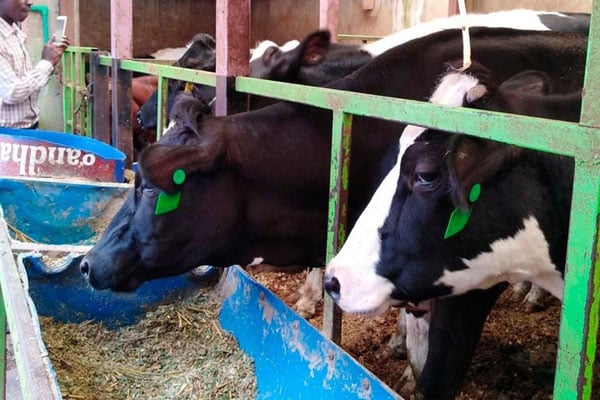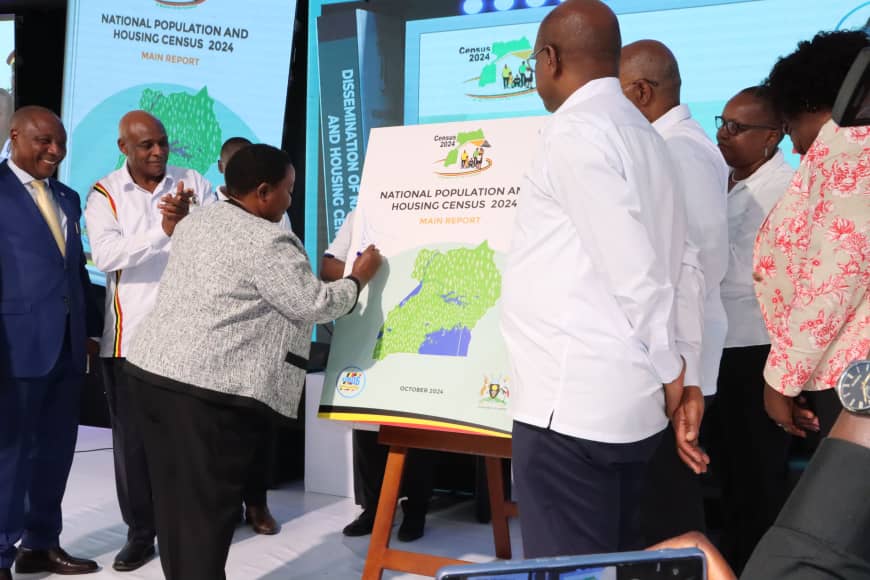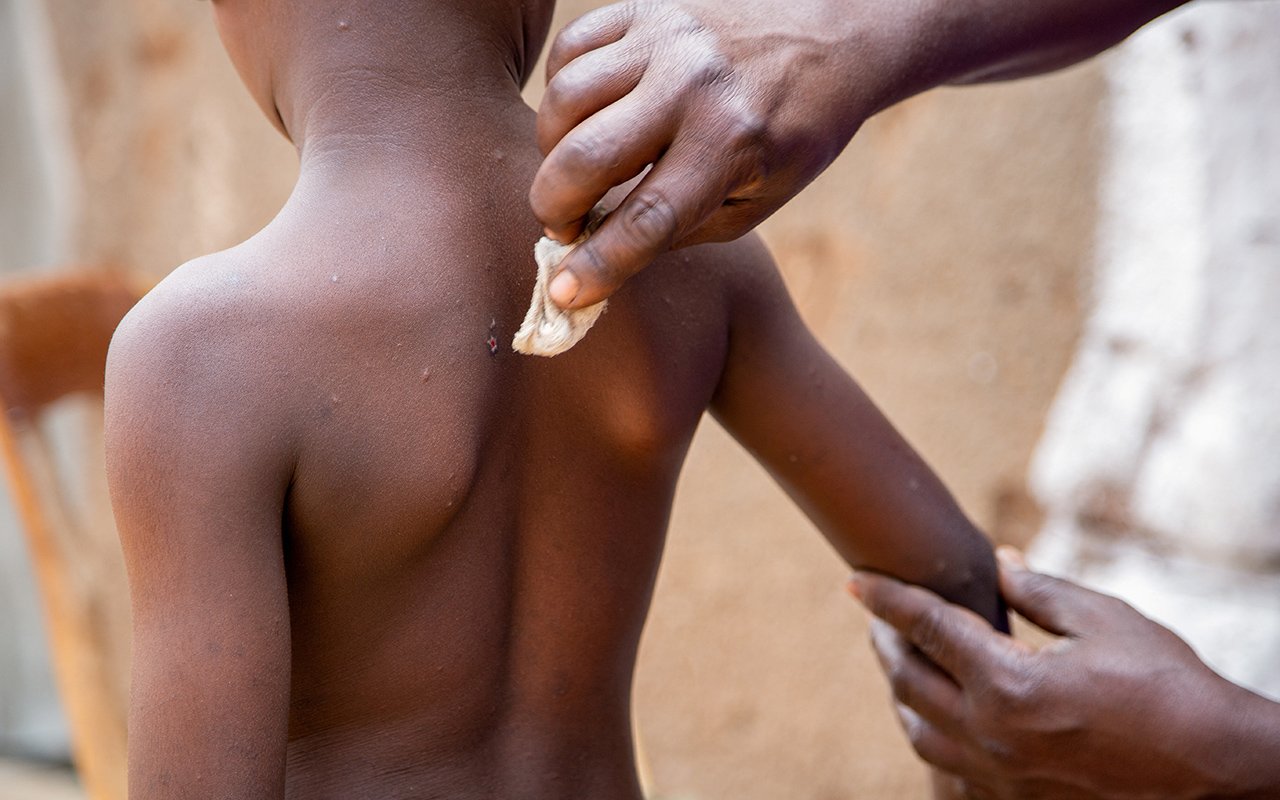Livestock welfare is a shared responsibility

Dr Solomon Emergo Kiggundu
What you need to know:
- In Uganda, livestock are vital members of our communities enriching our cultural heritage and bestowing on us immediate economic benefits on top of providing us with food, manure, and industrial raw materials.
- NARO’s livestock research focuses among other aspects, on technologies, innovations, and management practices that improve livestock feed efficiency for milk production, optimal growth rates in beef, and overall freedom of livestock from distress while ensuring that livestock undergo positive experiences.
Every October 4th, the world commemorates the World Animal Day. This year the theme is , “The world is their home too,” shinning a spotlight on the challenges facing animals and the animal welfare movement world over.
This year’s theme is a great inspiration building onto last year’s theme “Great or small, love them all” and inspires us to further recognize that animals including livestock are sentient with the capacity to feel pain, pleasure, and happiness and that they too can enjoy the world.
In Uganda, livestock are vital members of our communities enriching our cultural heritage and bestowing on us immediate economic benefits on top of providing us with food, manure, and industrial raw materials. We can’t stress enough that livestock are a strong component of Uganda’s economy supporting 6.5 million households who depend on livestock for their livelihood and contributing about 6-7 percent of the GDP and hence ought to be seen as our partners in building a prosperous, healthy, well-nourished country.
However, animal welfare has not been picked as a crucial aspect of animal husbandry in the country largely because of the inadequacy of information or the weakness of animal protection laws that are by and large almost impossible to enforce in their current form.
Many a time, the mental and physical well-being of livestock are abused by exposing them to extreme distress like we often see in their inhumane transportation, improper-inadequate feeding, severely unsafe and uncomfortable animal housing, and general exposure to disease risk. Animals whose owners don’t take into consideration their rights and welfare are often prone to diseases that expose them to negative experiences and lower their productivity causing losses to their owners and the country at large.
Through research at the National Agricultural Research Organization (NARO) in areas such as breeding, disease control, and feed optimization, sustainable farming practices are being developed to benefit both animals and farmers. For instance, the development of anti-aflatoxin technology and vaccine production capacity aims at not only reducing animal disease risk but also ensuring the freedom of livestock from pain and discomfort.
Also, NARO’s livestock research focuses among other aspects, on technologies, innovations, and management practices that improve livestock feed efficiency for milk production, optimal growth rates in beef, and overall freedom of livestock from distress while ensuring that livestock undergo positive experiences.
More is yet to be done especially with partnerships among stakeholders who ought to resolve as one to ensure that livestock welfare is embedded in all livestock production systems. For it is important to note that sustainable livestock farming is not just about increasing yields but creating a balanced system where animals thrive and that simple practices such as feeding the right rations in proper amounts, and proper housing can drastically improve livestock welfare, which without doubt, is a sure road to sustainable livestock farming.
As we celebrate the 2024 World Animal Day, I yearn to see farmers, researchers, policymakers, and the public come together to advocate for the welfare of livestock. Ensuring that the world is their home too means taking collective responsibility to provide animals with the care, respect, and protection from harm they deserve.
This involves among other measures; increased investment in research, better farmer access to extension and veterinary services, and the enforcement of animal protection laws. Let us use this day not just to reflect on the challenges but also to commit to actions that will improve the mental and physical well-being of livestock under our care.
The author Dr. Solomon Emergo Kiggundu, is a Veterinary Doctor at NARO’s National Livestock Resources Research Institute (NaLIRRI)




